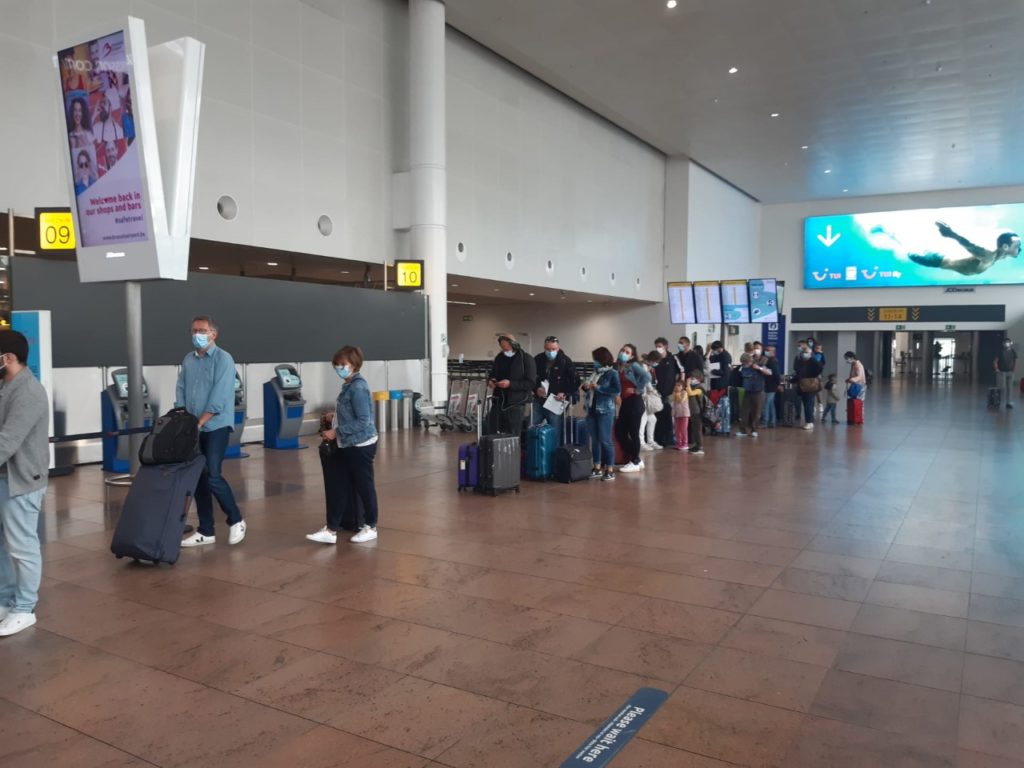The European Union Aviation Safety Agency (EASA) and European Centre for Disease Prevention and Control (ECDC) issued on Thursday a new version of the Aviation Health Safety Protocol providing operational guidance and risk-based recommendations for health-safe air travel.
The advice complements previous initiatives, such as the EU Digital COVID Certificates. The new version of the document takes into account new evidence and information such as the circulation of variants of concern (VOCs) and the rollout of the COVID-19 vaccination programmes.
It also emphasises the need to keep non-pharmaceutical measures in place – such as the wearing of medical face masks, hygiene measures and physical distancing.
It is intended to provide support to national authorities in the member states and to aviation stakeholders and is based on the latest scientific evidence, epidemiological situation and policy developments.
The Protocol proposes that people who are fully vaccinated against COVID-19 or who recovered from the disease in the last 180 days should not be subject to testing or quarantine, unless they are coming from an area of very high risk or where a Variant of Concern is circulating.
For travel from such destinations, the requirement for a negative test could be considered. This could be either a Rapid Antigen Detection Test (RADT) taken no more than 48 hours before arrival or a PCR test no more than 72 hours before arrival. Also, the use of Passenger Locator Forms to facilitate contact tracing is still considered very important.
In addition, physical distancing of at least one metre must be maintained and medical masks must be worn at all stages of the journey. Hand and respiratory hygiene measures also need to be observed. All these measures are recommended for EU air travel, but also for air travel to and from third countries.
“The rollout of COVID- vaccination programmes has thankfully allowed for the relaxation of some measures for fully vaccinated travellers” said Andrea Ammon, ECDC Director (17 June). “But if measures are relaxed too soon also for non-vaccinated people, then we may see a rapid rise in cases again.”
“We need to continue the roll-out of vaccinations and exercise caution until a sufficient proportion of the European population has received their vaccine.”
Emphasis should be placed on ensuring that the new elements of the protocol, such as the checking of proof of vaccination or recovery should not create bottlenecks and queues in airport processes. The protocol recommends that the information should be checked once in each journey, ideally prior to arriving at the airport of departure. This should also be the case for transfer passengers.
The recommendations are non-binding on the member states. Nevertheless, it is hoped that countries across Europe will adopt its recommendations so as to ensure harmonisation and the safe recovery of the air transport and tourism sector. EASA will monitor the implementation of the protocol, which will be further updated in the future.
The Brussels Times

